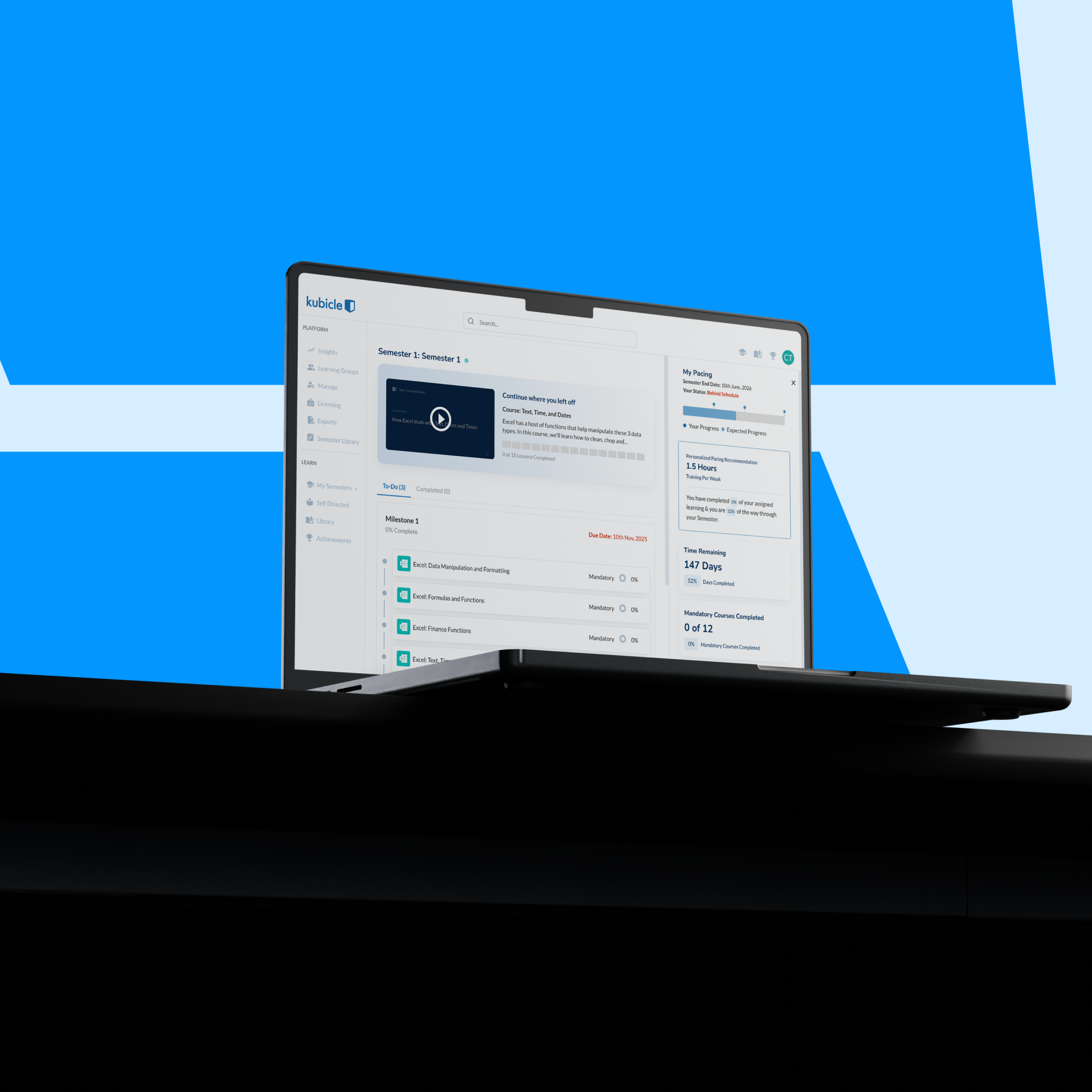The Best Publicly Available Data for Business

Speak to One of our Learning Consultants Today
Talk to SalesIn most countries, increasing quantities of public data are being made available, particularly by public organisations. This data can be useful to many businesses, as it can be combined with your own information to improve the quality of your analytics. This post will identify a few of the most useful public data sources fro businesses.
Government Data
Many governments now open up their data to the public. Some useful data sources here include:
- data.gov: This site is a portal for data released by various US government agencies, featuring information from a wide range of topics
- US Census Bureau: Provides a vast amount of information on US citizens, collected through the census every 10 years, as well as more frequent surveys.
- Canada Open Data: Provides data sets created by the Canadian government.
- data.gov.uk: Datasets created by the British government and other governmental bodies
- UK Data service: Provides a collection of surveys and studies commissioned by the UK government , including the UK census.
- data.gov.ie: The open data portal for the Irish government and public sector.
- EU Open Data Portal: This gives you access to open data published by EU institutions and bodies.
- Eurostat: This is the EU’s statistics agency, providing data for the countries of the EU in areas such as population, economics and trade
- data.gov.au: This is the open data portal for the Australian government.
General Data Sources
Several sources provide data on various different areas, such as:
- CIA World Factbook: A range of datasets on population, government, the economy and various other areas. Claims to cover 267 “world entities”, in other words most or all of the world.
- Google Public Data Explorer: Google’s Data Explorer aggregates data, mostly on economic topics, from various other data sources.
Finance
Several financial institutions also provide open data:
- International Monetary Fund: The IMF provides a large amount of data focusing on the global economy and various macroeconomic indicators
- World Bank: Open data provided by the World Bank, with a focus on economics and economic development indicators
- Google Finance: A good source to use for tracking stock prices over time.
Internet and Social Media
Unsurprisingly, internet companies make a lot of data accessible to the public. Some examples include:
- Google Trends: Analyse trends on search volumes for whatever terms you are interested in
- Google Books Ngrams: Track the popularity of words over time in the vast collection of books digitised by Google
- Facebook Graph: The Facebook Graph API can be used to get data from Facebook.
- Twitter: The Twitter API allows you to connect to data from Twitter
- Instagram: The Instagram Graph API, based on Facebook’s Graph API, can be used to build tools for businesses
Health
There are also several health related organisations providing open access to their data;
- healthdata.gov: This website provides data related to the US health system
- NHS Digital: Provides a wide range of data covering the health care system in the UK
- World Health Organisation: The Global Health Observatory is the section of the WHO that produces data on various global health issues
As you can see, open data is commonly available across a wide range of sectors throughout the world. Use any of these data sources, or others, and you’ll quickly improve your ability to get insights from your own company’s data and improve outcomes for your business.




.png)








